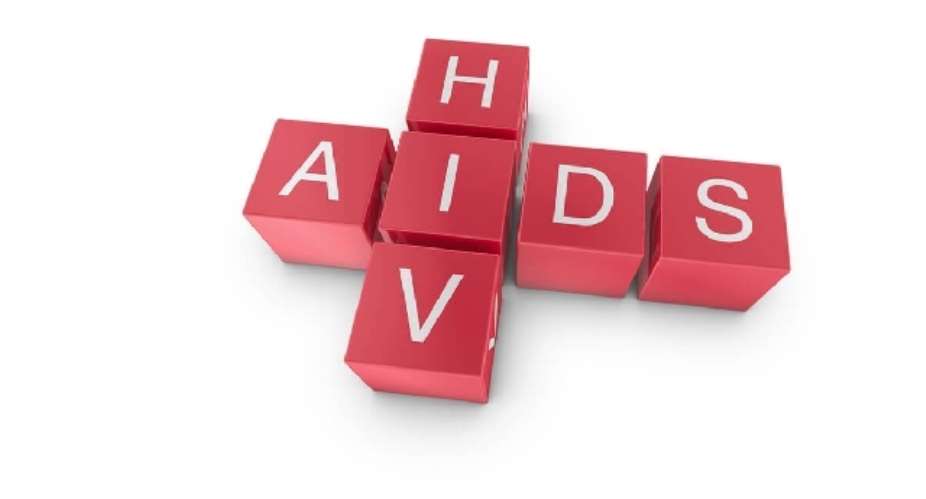Ghana AIDS Commission has released alarming statistics showing that Ghana recorded a total of 16,574 new cases of Human Immunodeficiency Virus (HIV) infections in 2022, indicating a decline compared to the 18,036 infections reported in 2021.
According to the release issued in Accra, the 16,574 new HIV infections affected individuals of all ages. Among those aged 15 years and above, there were 13,706 cases, while children between zero and 14 years accounted for 2,180 infections. Adolescents aged 10 to 19 years recorded 645 cases, and young people between 15 and 24 years reported 739 infections.
The report also revealed that AIDS-related deaths in 2022 were distressingly high, totalling 9,359 across all age groups. Of these deaths, 7,179 were among adults aged 15 years and above, 2,180 among children aged 0 to 14 years, 645 among adolescents aged 10 to 19 years, and 739 among young people aged 15 to 24 years.
As of the latest data, the total number of HIV cases in Ghana stands at 354,927, with individuals aged 15 years and above accounting for 330,215 infections.
The Ghana AIDS Commission is deeply concerned about the persisting HIV epidemic and its impact on public health. The decrease in new HIV infections from the previous year may be viewed as a positive sign, but the high number of AIDS-related deaths is a cause for significant concern.
The Commission remains committed to raising awareness about HIV prevention and promoting early detection and treatment to reduce the number of new infections and prevent AIDS-related deaths. They continue to work tirelessly to address the HIV epidemic through comprehensive education, advocacy, and support services for those affected.
Authorities are urging the public to take necessary precautions, practice safe behaviors, and get tested regularly to ensure early diagnosis and access to appropriate medical care. Furthermore, they emphasise the importance of continued efforts to combat HIV stigma and discrimination, which hinder individuals from seeking testing and treatment.
It is evident that concerted efforts are required from all stakeholders, including government agencies, healthcare providers, non-governmental organizations, and the public, to effectively combat HIV/AIDS and improve the overall health and well-being of the Ghanaian population.
-classfmonline.com





 EC’s request to use Ghana Card as sole document for identification would’ve prev...
EC’s request to use Ghana Card as sole document for identification would’ve prev...
 Voter registration: Always check to avoid 2020 election results errors — Kwamena...
Voter registration: Always check to avoid 2020 election results errors — Kwamena...
 Voter registration: Ghana isn't safe; December polls might be 'each one for hims...
Voter registration: Ghana isn't safe; December polls might be 'each one for hims...
 Rapid decline of our country, its democratic institutions worrying, distressing ...
Rapid decline of our country, its democratic institutions worrying, distressing ...
 Religious tolerance: My brothers and sisters are Christians, I cannot say that I...
Religious tolerance: My brothers and sisters are Christians, I cannot say that I...
 CSOs consider civil action against gov't over alleged destruction of protected f...
CSOs consider civil action against gov't over alleged destruction of protected f...
 Domelevo, Kpebu, Gyampo and 83 others petition parliament to probe EOCO’s conduc...
Domelevo, Kpebu, Gyampo and 83 others petition parliament to probe EOCO’s conduc...
 “Take precaution, don’t be in a hurry to go and die” — Author advise drivers, pe...
“Take precaution, don’t be in a hurry to go and die” — Author advise drivers, pe...
 Electoral Commission has been reduced to 'Error Commission' in simple arithmetic...
Electoral Commission has been reduced to 'Error Commission' in simple arithmetic...
 Banking clean-up helped prevent collapse of financial sector – Bawumia
Banking clean-up helped prevent collapse of financial sector – Bawumia
